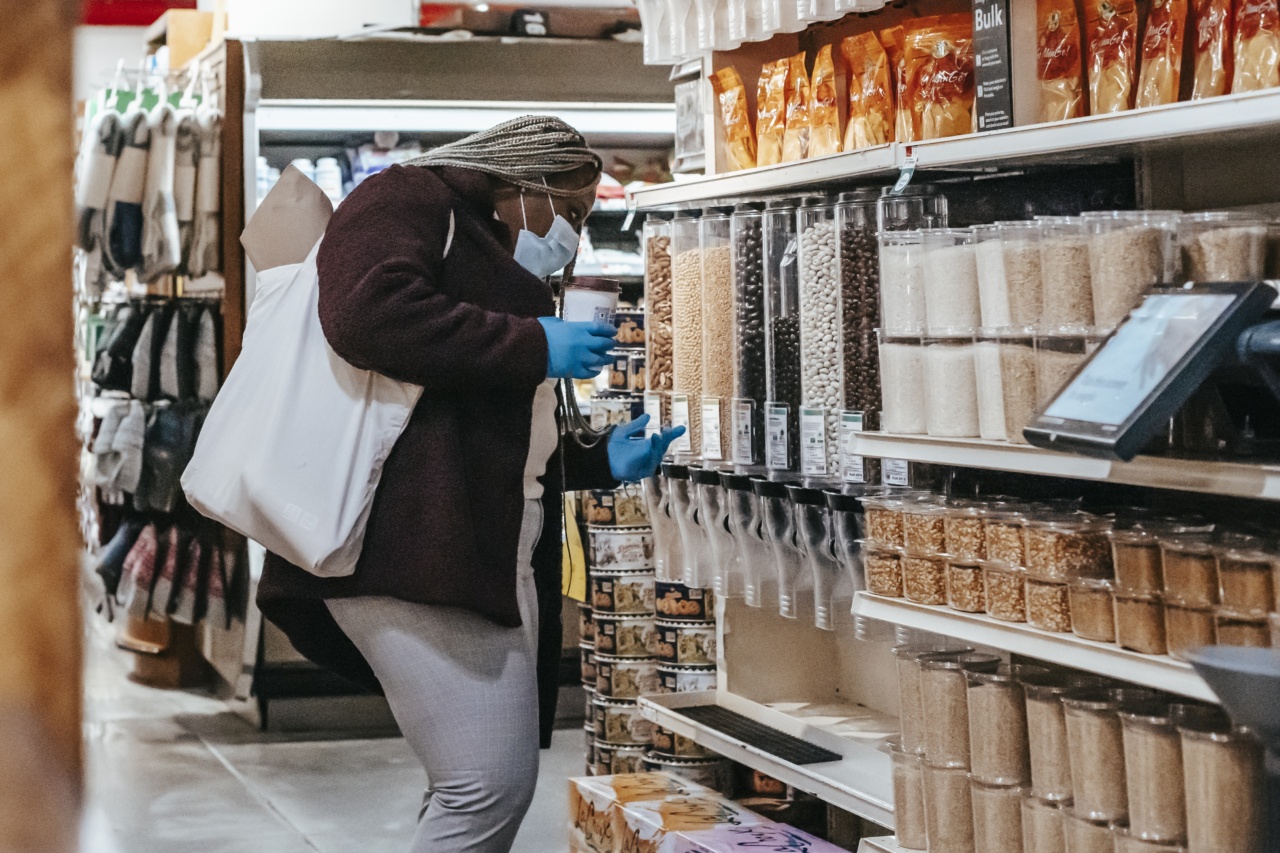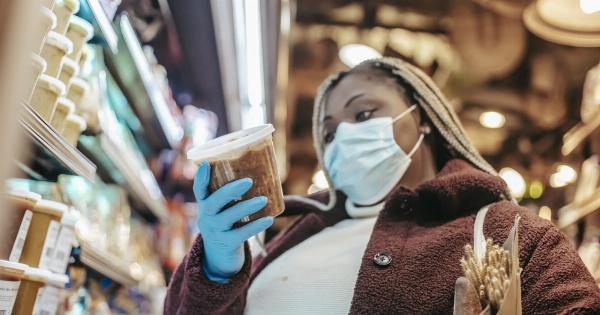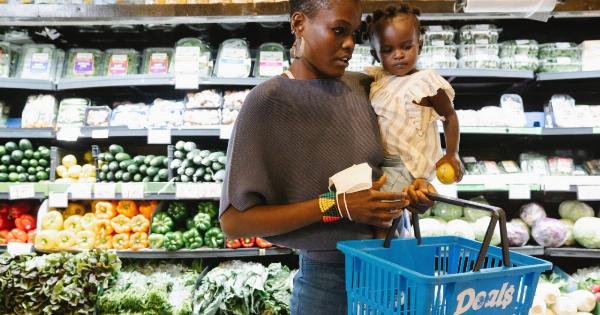Shopping for groceries is a part of our everyday routine. We make sure that we buy fresh, healthy, and safe food for us and our loved ones. However, with the increasing number of food recalls, it can be challenging to ensure that the food we buy is safe.
The Food and Drug Administration (FDA) has provided a guide to help shoppers protect themselves in the supermarket. Here are some tips to keep in mind:.
1. Check the Labels
Make it a habit to check the labels of the products you buy. This will help you identify if the product is fresh, expired, or has been recalled. Check the expiration date and the lot number.
If a product has a lot number that has been recalled, it should not be on store shelves. Also, make sure to read the ingredients to avoid allergens that you or your family might be allergic to.
2. Check for Damage
Before buying, check for any damage or cracks in packaging. Avoid buying dented cans, swollen packages, or jars with loose seals. This can indicate that a product has gone bad, been exposed to harmful bacteria, or has been tampered with.
3. Follow Proper Food Storage Guidelines
After purchasing food, follow proper food storage guidelines to keep them fresh and safe. Store raw meat, poultry, and seafood on the bottom shelf of the fridge to avoid contamination.
Place eggs in the fridge, not on the countertop, and refrigerate within two hours. For fruits and vegetables, wash them well before consuming to remove any bacteria or pesticides.
4. Clean Your Hands and Surfaces
Before handling any food, make sure your hands are clean. Wash them thoroughly with soap and warm water for at least 20 seconds. Use hot, soapy water to clean all surfaces in your kitchen before and after preparing food.
This includes cutting boards, utensils, countertops, and appliances.
5. Be Careful with Raw Meat
Raw meat should be handled with extra care. Use a separate cutting board and utensils for raw meat to avoid cross-contamination. Cook meat to the recommended temperature to kill any bacteria.
Use a food thermometer to make sure the internal temperature has reached a safe level. Always store raw meat at or below 40°F and avoid leaving it out of the fridge for more than two hours.
6. Don’t Buy Expired Products
Expired products can pose a risk to your health. Check the expiration date of the products you buy and avoid buying anything that is expired. This includes items such as dairy products, canned goods, and packaged food.
7. Follow Cooking Instructions
Make sure to follow the cooking instructions on the food packages. Cooking food to the right temperature can help eliminate harmful bacteria that may be present. Also, make sure to reheat leftovers to the correct temperature before consuming.
8. Be Careful with Packaged Food
Packaged food can contain harmful additives, preservatives, and artificial flavors. Before buying, look for foods that are minimally processed, organic, and labeled as natural.
Also, avoid packaged food that contains high amounts of sugar, salt, and unhealthy fats.
9. Buy Local and Seasonal Produce
Buying local and seasonal produce can help reduce the risk of contamination. These foods are normally grown and harvested on nearby farms and transported shorter distances.
This can help ensure that the produce is fresh and was not exposed to harmful bacteria during transportation.
10. Keep Up to Date with Food Recalls
The FDA website provides a list of recalled products. Check this site regularly to stay up to date with any recalls that may affect the food you purchased.
If you suspect that the food you have purchased has been recalled, return it to the supermarket or throw it away immediately.
Following these tips can help ensure that the food you purchase is safe and healthy for you and your family.
Remember to check labels, avoid damaged products, follow proper food storage guidelines, clean your hands and surfaces, be careful with raw meat, and avoid expired products. By taking these steps, you can make sure that the grocery shopping experience stays enjoyable and safe.




























